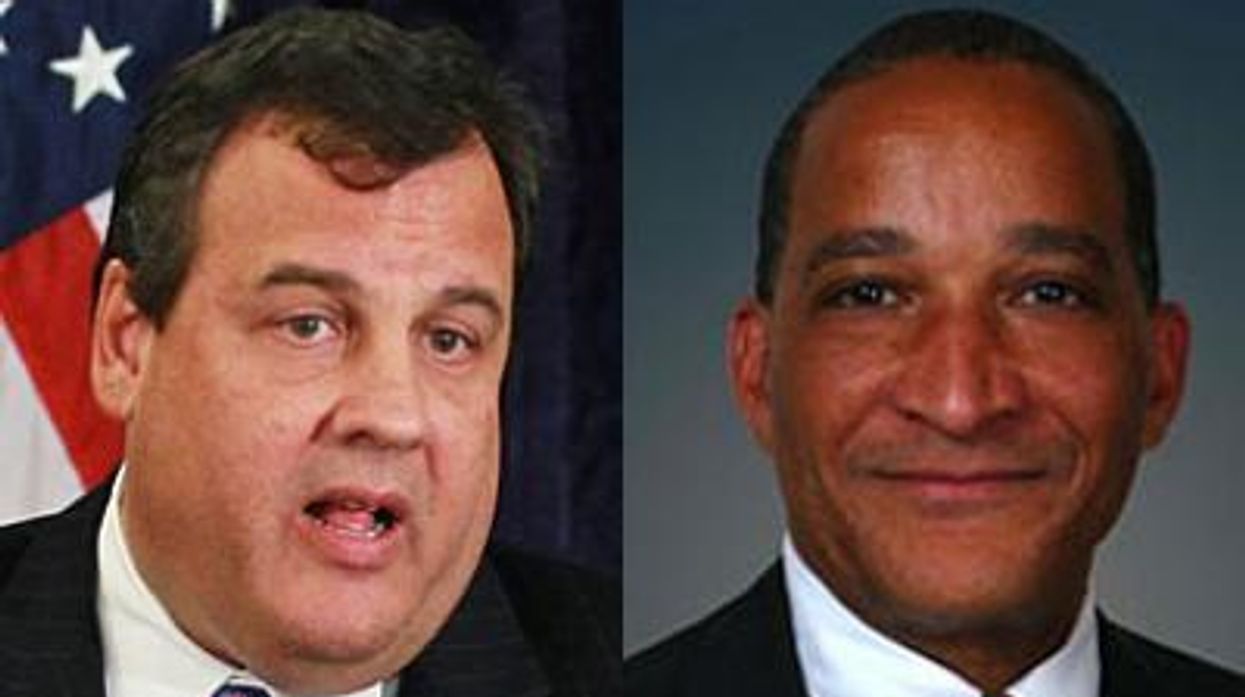Arts & Entertainment
Were Democrats Right to Block Gay Nominee to N.J. Court?
Were Democrats Right to Block Gay Nominee to N.J. Court?

By continuing to use our site, you agree to our Privacy Policy and Terms of Use.
Were Democrats Right to Block Gay Nominee to N.J. Court?
Were Democrats Right to Block Gay Nominee to N.J. Court?

A gay nominee to the New Jersey Supreme Court was blocked today after promising to recuse himself from an upcoming case on same-sex marriage.
It was Democrats in the Senate Judiciary Committee who led the 7-6 vote against putting Chatham Borough mayor Bruce Harris on the bench.
Harris would have added the voice of a Republican -- an important requirement for Gov. Chris Christie -- and of a black man who is gay to an all-white court. But Democrats complained that Harris admitted not having real courtroom experience and that he pledged to recuse himself from a case about same-sex marriage should it reach the state Supreme Court.
"That's why your recusal is more disturbing -- because you're not a judge and you have already actively taken yourself out of the process," said Sen. Nia Gill during a hearing today, according to the Star-Ledger.
Harris said "it was my decision" and "no one made me decide it," the Star-Ledger reports. "My decision to recuse myself on same-sex marriage is no political calculus."
The New York Times reports that Harris's partner of 32 years attended the hearing with him. Harris once raised money for marriage equality and had spoken out in favor of it. Despite all that, he told lawmakers he could still rule impartially.
"Is your recusal political?" Gill asked.
Harris said the public might worry he's biased. That was the concern in Virginia earlier this month, where prosecutor Tracy Thorne-Begland was denied a seat on the state bench after social conservatives said he couldn't be trusted to uphold the state constitution. Thorne-Begland has a partner and had spoken out in favor of marriage equality, which is banned in the constitution.
And proponents of Proposition 8 in California argued in court that U.S. District Judge Vaughn Walker shouldn't have been allowed to rule on the constitutionality of the referendum because he's gay. Walker was also in a decade-long relationship with another man, and lawyers argued he stood to benefit if marriage equality became law. An appeals court rejected all of that argument.
Charlie Kirk DID say stoning gay people was the 'perfect law' — and these other heinous quotes